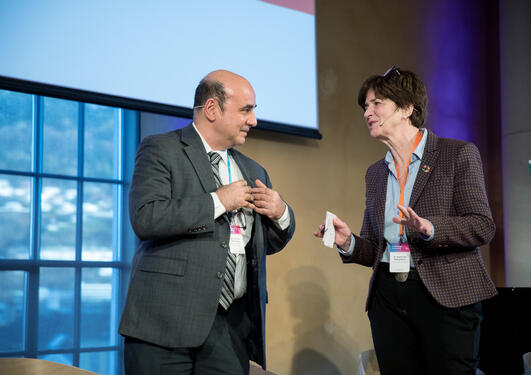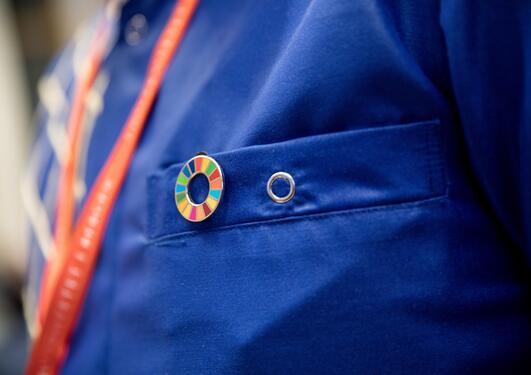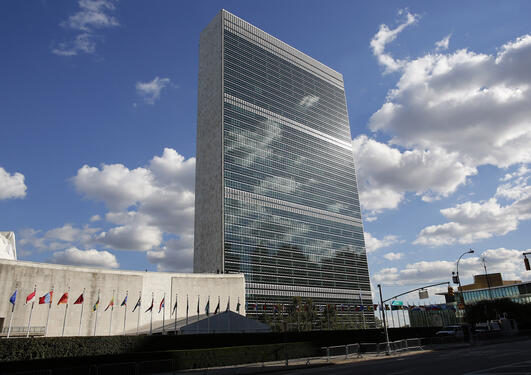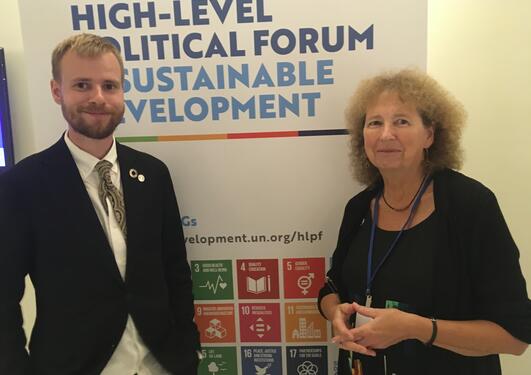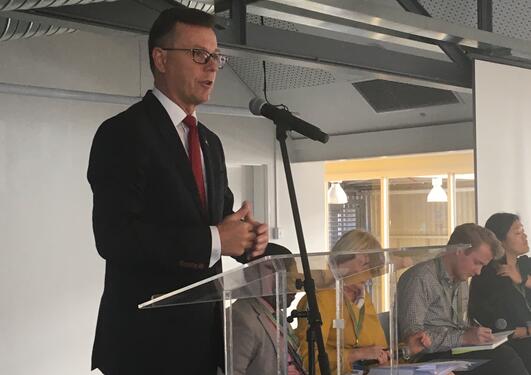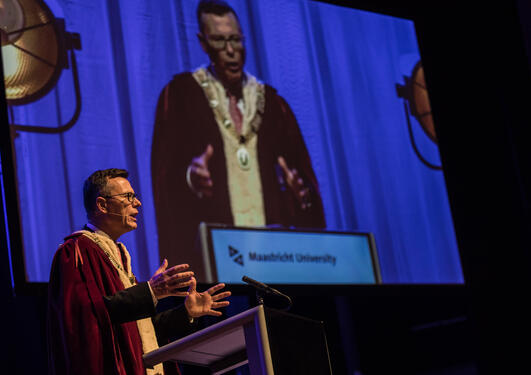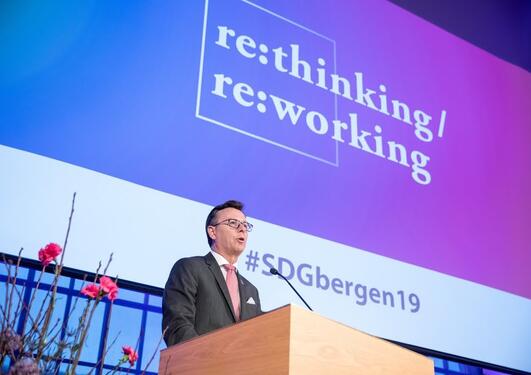Rethinking for a new education
From building a global student movement to the crucial role of universities, the first day of the 2019 SDG Conference Bergen was diverse in its engagement with global sustainability.

Main content
In his opening of the 2019 SDG Conference Bergen, Rector Dag Rune Olsen at the University of Bergen (UiB) addressed issues ranging from student involvement and the future of education to how equality and climate action are linked.
In particular, the UIB rector was concerned with how climate change in the Arctic and the Tropics is connected.
“Greenland ice melts at unprecedented speeds, causing rising Ocean levels. Nowhere are the effects of climate change felt more strongly than in the Pacific,” said Rector Olsen, “where several low-lying island nations may simply disperse in the Ocean.”
The crucial role of universities
Many of the conference speakers pointed out the university sector's central role in bringing informed decision-making to the Sustainable Development Goals (SDGs).
“We need to repeat the core message of the SDGs over and over again until we are sure that the whole world has fully understood their importance,” said Deputy Minister Rebekka Borsch from Norway's Ministry of Education and Research. “Universities are crucial to make the world understand the 2030 Agenda and be able to do something about it.”
UNESCO's Assistant Director-General for Education Stefania Giannini elaborated on this theme in the opening keynote of session 1 at the conference.
“Education is the main infrastructure to implement the SDGs. UNESCO covers the knowledge part of the learning chain in the UN system, and in higher education we find our strongest alliance for the 2030 Agenda,” said Giannini, “together we can change from the what to the how.”
Praising student initiatives
Rector Dag Rune Olsen was enthusiastic about the strong student engagement with the 2030 Agenda.
“Change will not happen without the younger generation leading the way,” said the UiB Rector, pointing to the student-led conference We need to talk about tomorrow, which was hosted for the first time in January 2018. “The extent and potential of student innovation and initiatives like this cannot be understated.”
In tune with the re:thinking/re:working theme of the conference, there was a strong student presence at the conference, including a student representative in every panel.
“Many in the higher education sector have focused on teaching and research staff with regards to the SDGs. I urge you all to also consider students not only as recipients of an education, but as decisive contributors in their own right,” said Rebekka Borsch, “if you do, I am convinced the potential impact will be huge.”
A global student movement
Following up on this, Håkon Randgaard Mikalsen, Leader of the National Union of Students in Norway (NSO), underlined the need for change and that students are excited to be driving forces towards global sustainability in higher education.
“We are ready to take the next step in building a global student movement,” said the NSO leader as he presented The Bergen Declaration (2016).
“Three years ago. Here at the University of Bergen. My old university. Student activists from all over the world gathered and contributed to a global declaration demonstrating a statement of values for a global student voice.”
The Bergen Declaration aims to increase cooperation between student organisations and build a network that can develop into a global movement.
“Today students lack global representation. We need the support of you to achieve it,” Mikalsen said to the university leaders present, “to ensure that the students can have our say in the transformation that is yet to come. It always seems impossible until it is done.”
